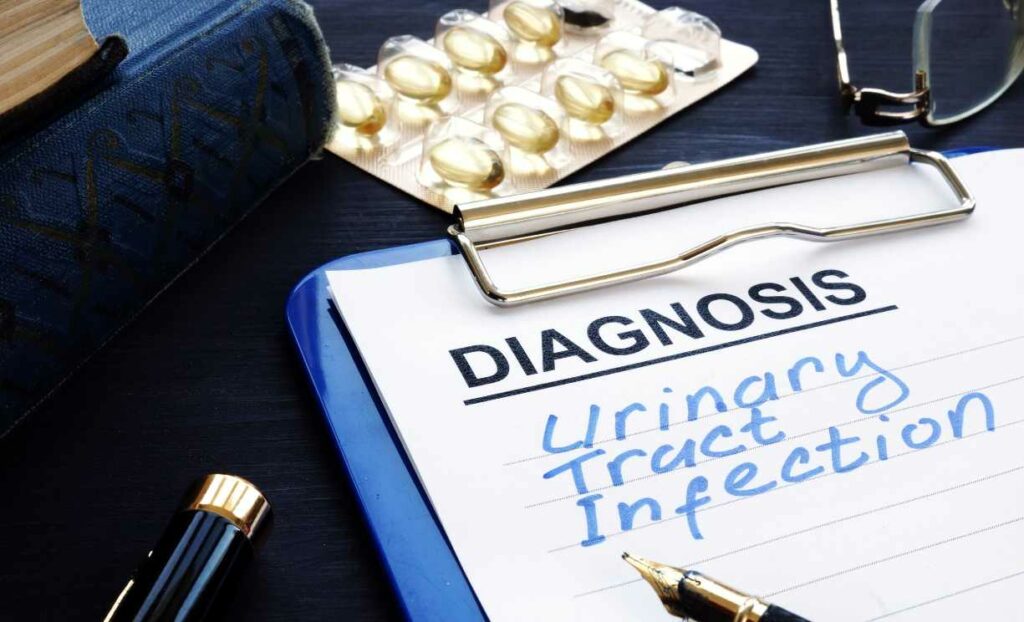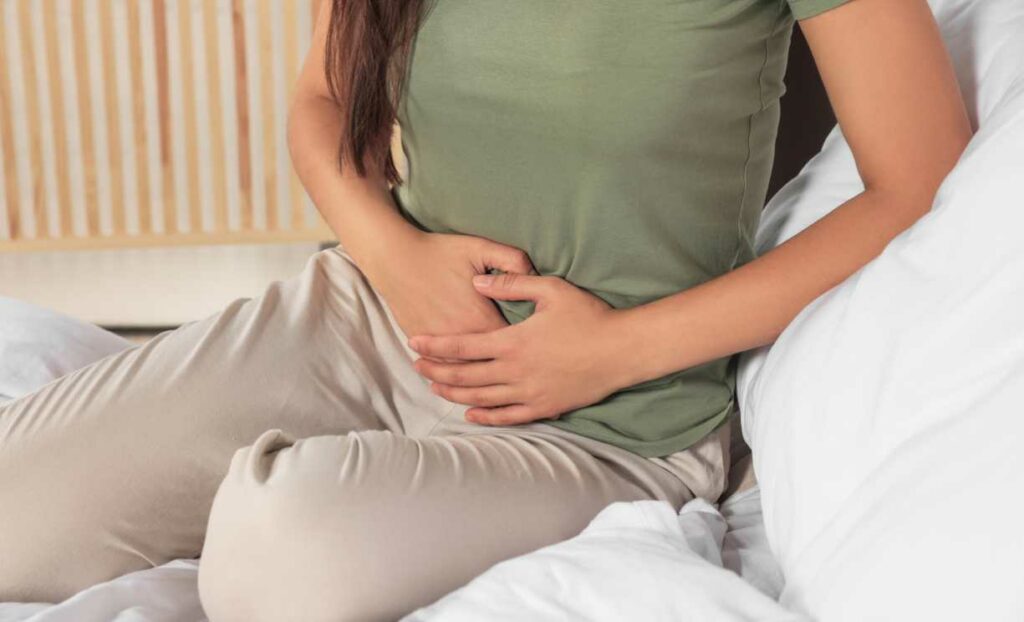Menopause is a transformative phase in a woman’s life, but it often brings along a set of challenges, including an increased susceptibility to urinary tract infections (UTIs). The hormonal changes during menopause can impact the urinary tract, making it more prone to infections. In this blog, we’ll explore the causes, symptoms, and effective treatment strategies for UTI menopause treatment, empowering women to manage their urinary health with confidence.
Contents
Is There A Link Between UTIs And Menopause?
Yes, there is a link between urinary tract infections (UTIs) and menopause. A urinary tract infection is a bacterial infection that can occur in any part of the urinary system, including the bladder, urethra, and kidneys. It’s a common issue, and women are more susceptible to UTIs than men due to differences in anatomy.
Now, let’s talk about menopause. Menopause is a natural phase in a woman’s life, usually occurring in her late 40s or early 50s. During this time, the body undergoes significant hormonal changes, particularly a decrease in estrogen levels.
Estrogen plays a crucial role in maintaining the health of the urinary tract. When estrogen levels drop during menopause, the tissues in the urinary tract can undergo changes. The lining becomes thinner and more vulnerable to infections. As a result of these changes, women going through menopause become more prone to UTIs. The decrease in estrogen affects the protective barrier in the urinary tract, making it easier for bacteria to enter and cause infections.
Symptoms Of UTIs
Urinary tract infections (UTIs) can cause a range of symptoms, and their severity can vary. Here are common symptoms associated with UTIs:
- Frequent Urination: One of the primary signs of a UTI is a persistent urge to urinate. Even if you’ve just emptied your bladder, you may feel the need to urinate again.
- Pain or Burning Sensation: A burning sensation or pain during urination is a hallmark symptom of a UTI. This discomfort is often felt in the urethra, the tube that carries urine from the bladder.
- Cloudy or Strong-Smelling Urine: Changes in the appearance or smell of urine can be indicative of a UTI. Urine may appear cloudy, and it might have a stronger, unpleasant odor.
- Lower Abdominal Pain or Discomfort: Some individuals with UTIs may experience pain or discomfort in the lower abdomen or pelvic region. This can range from mild discomfort to more noticeable pain.
- Blood in the Urine: Hematuria, or blood in the urine, is another possible symptom of a UTI. In some cases, urine may appear pink, red, or brownish.
- Urgency to Urinate, But Limited Output: Despite the urgent feeling to urinate, the actual amount of urine passed may be small. This can be frustrating and is a common symptom of UTIs.
- Pain or Pressure in the Lower Back or Side: In more severe cases, a UTI may cause pain or pressure in the lower back or sides, which could indicate a possible kidney infection.
Treatment For Menopause-Related UTI
The treatment for urinary tract infections (UTI) in the context of menopause involves addressing the infection while considering the unique factors associated with hormonal changes. Here’s a comprehensive overview:
- Antibiotics: Antibiotics are the primary and most common treatment for bacterial infections, including UTIs. The specific antibiotic prescribed will depend on the type of bacteria causing the infection. It’s crucial to complete the full course of antibiotics as prescribed by a healthcare professional, even if symptoms improve before the medication is finished.
- Estrogen Therapy: For postmenopausal women, estrogen therapy may be considered to help restore the health of the vaginal and urinary tissues. Topical estrogen creams or low-dose systemic estrogen, prescribed by a healthcare provider, can be effective in reducing the risk of recurrent UTIs. Estrogen therapy helps rejuvenate the tissues and maintain a healthy balance of microorganisms in the urinary tract.
- Probiotics: Probiotics containing beneficial bacteria, particularly Lactobacillus species, may help promote a healthy balance of microflora in the urinary tract. These supplements can be considered to support overall urogenital health.
- Hydration: Staying well-hydrated is essential for flushing bacteria out of the urinary system. Drinking plenty of water helps dilute urine and encourages regular urination, aiding in the elimination of bacteria.
- Pain Relief Medications: Over-the-counter pain relievers, such as ibuprofen or acetaminophen, may be recommended to alleviate discomfort and reduce inflammation associated with UTI symptoms. It’s important to follow dosage instructions and consult with a healthcare professional if there are any contraindications.
- Preventive Measures: Beyond treatment, preventive measures play a crucial role in managing UTIs. Practicing good personal hygiene, wiping from front to back after using the toilet, avoiding irritants like perfumed hygiene products, and maintaining regular bathroom habits can help prevent future infections.
Tips For Managing UTIs
Here are some ways to manage UTIs:






Really good info can be found on blog.Blog range